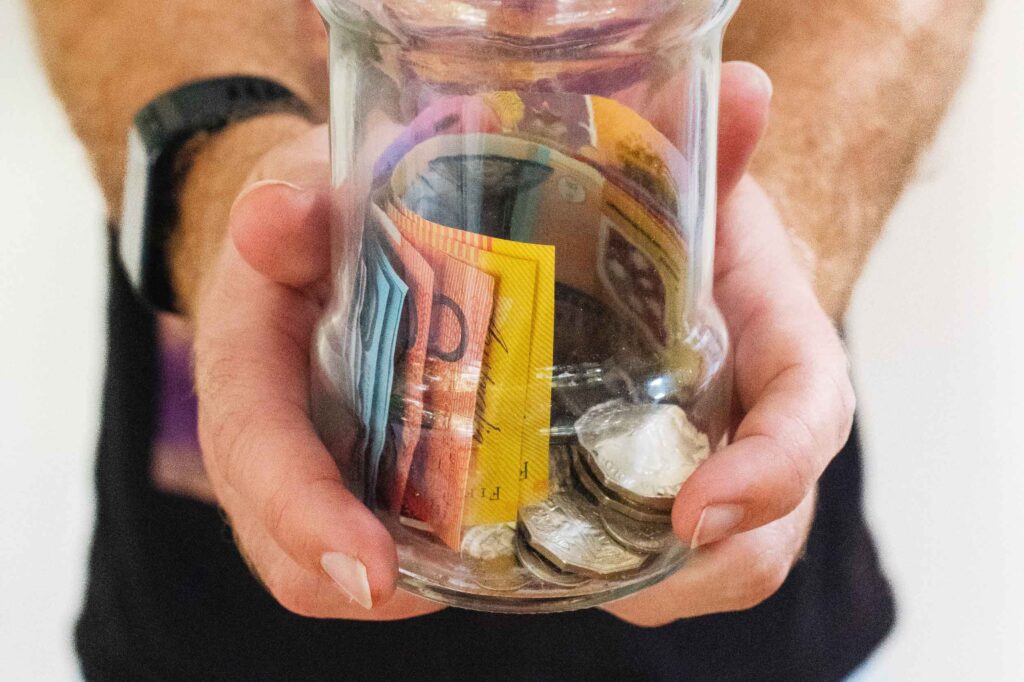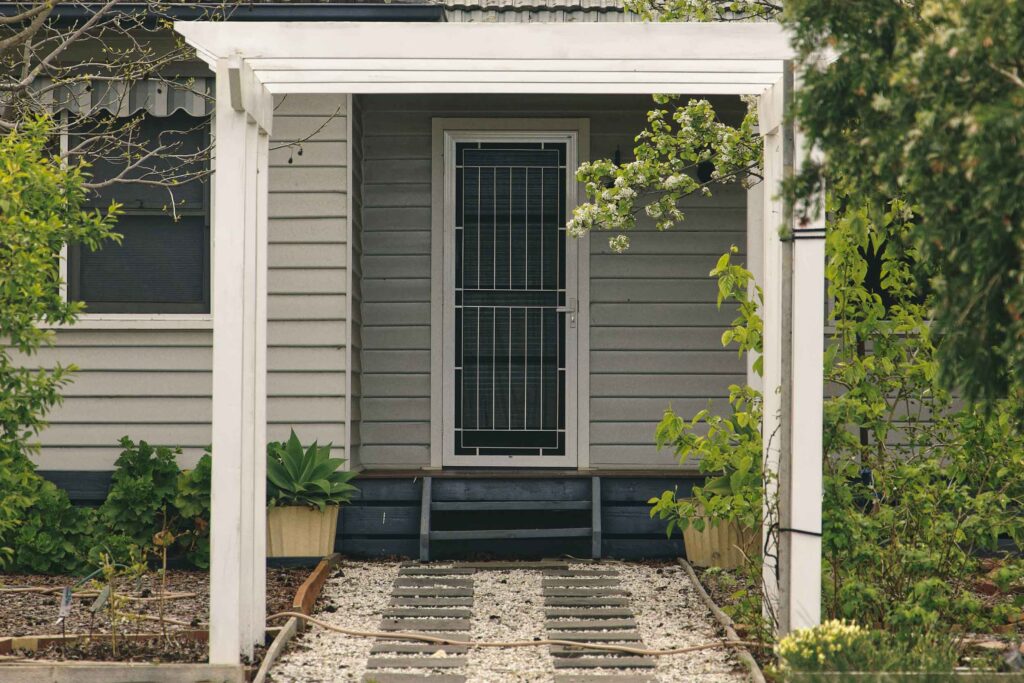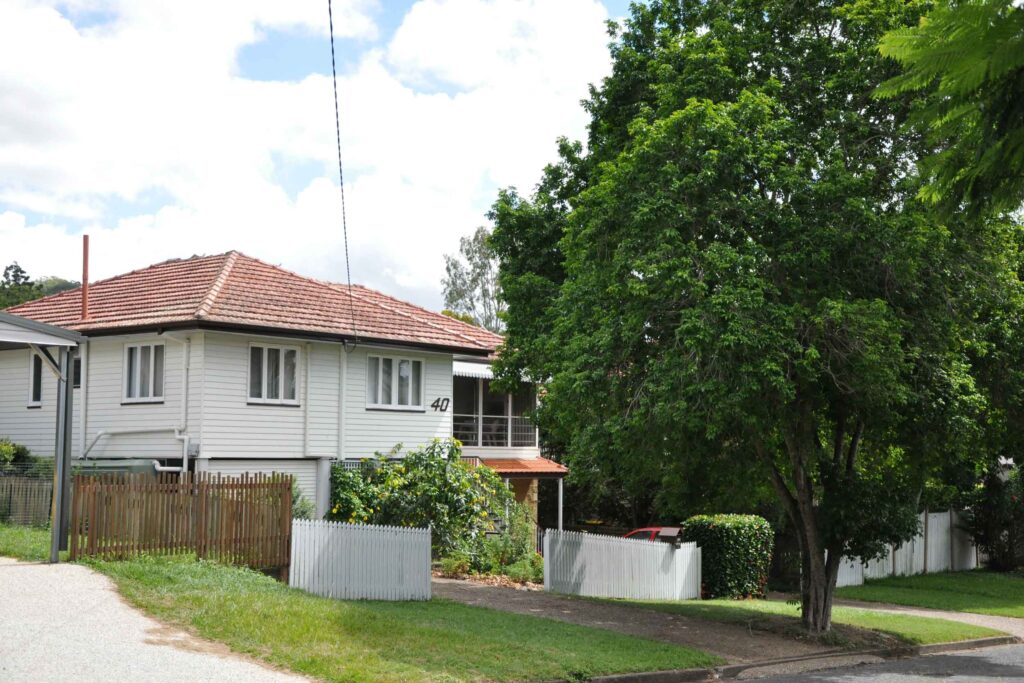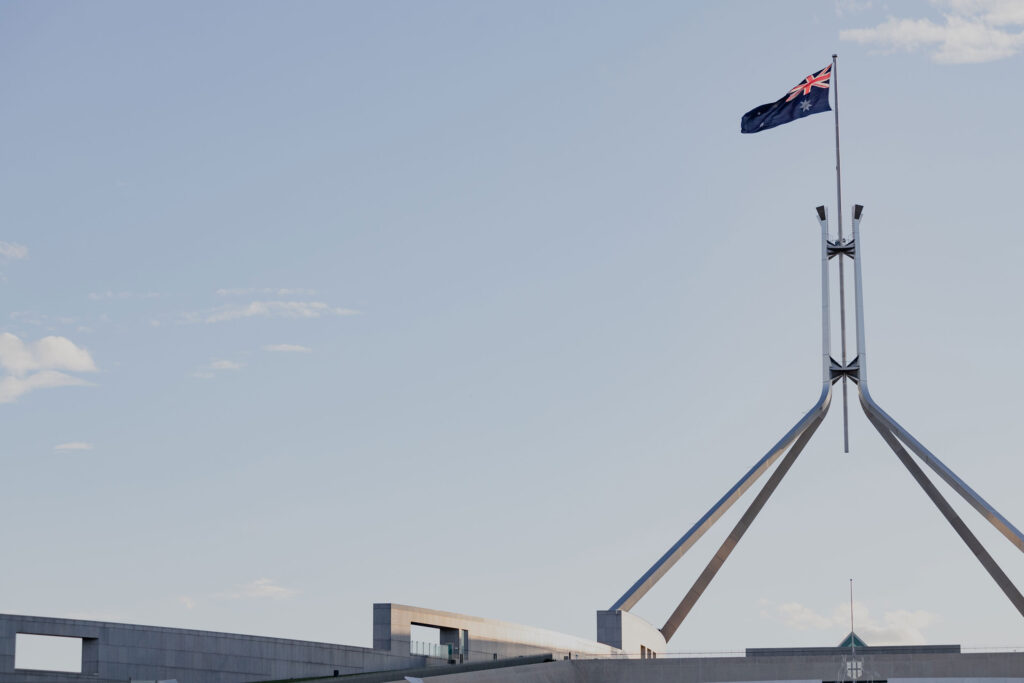Planning to buy a house is a big step in your life. So, you must make the right decisions along the way.Do you have trouble deciding which is the best home loan plan for you? Or are you afraid of making many mistakes in the process? We have prepared for you seven mistakes that first-time home buyers usually commit (So that you can stay away from them)Choosing the wrong home loan If you're a first-time home buyer, it would be pretty hard and confusing to choose the best home loan product in the market. So, make sure you choose the home loan that caters to your needs. Make sure you research correctly with all available resources before finalizing a loan plan. Selecting a home loan plan that doesn't suit your needs can, in the long run, delay you off paying your mortgages.Do not borrow more than you canYou may want to live in the most expensive house in your locality, however, you must ensure you are not borrowing beyond the limit. No matter whatever your lender says, if you are not confident of repaying the loan, then don't borrow more than you can affordResearch and get the best interest rateYou must research properly and find out the home loan with the lowest interest rate. Finding a relatively lower interest rate can save you thousands of dollars in the long run. Don't take a loan under your current bank simply because you have long been associated with them as a customer. Make sure you research thoroughly.Don't underestimate the other costsOne common mistake first-time home buyers make is underestimating the additional costs involved. The initial deposit is not the only way you lose money. Your home loans will not cover stamp duty, bank charges, or pest control. Hence make sure you have cash for all of them.Not viewing as many properties as you should.Make sure you thoroughly research the place you are going to live in. Make sure you have compared the prices in that area where you want to buy the house and then, eventually, apply for the loan. Not researching the neighborhood and price can cause you lots of trouble. Also, try to view the house in person and not through pictures.Do not apply when you are not financially stable.Make sure that you do not apply for loans when you are financially not stable. That means when you are in your probation period or having a career change. Make sure that you have the means to pay back before taking the loan.Go house hunting after you secure the loan and not vice-versa.Make sure you decide which home loan you take, and finalize the amount before you go house hunting. House hunting will help you remind yourself of the budget and help avoid overspending.Are you searching for your dream home? Do you want to know about the best home loan for you? Or Are you looking for the best mortgage brokers in Sydney? If yes, our expert mortgage brokers can help you. Just drop us a message at freshwaterfs.com.auNeed a construction loan? I can help. Hit the button below to arrange a conversation with one of my loan … [Read more...] about 7 Mistakes to avoid when taking residential loans
New housebuilding activity reaches record levels
Despite a few negative headlines about some construction companies experiencing financial difficulties, Australia is actually in the midst of a homebuilding boom.A record 143,037 new house builds were started in the year to March, according to the most recent data from the Australian Bureau of Statistics. Housing Industry Association economist Tom Devitt said the volume of detached houses under construction is almost 80% above pre-pandemic levels.“This was driven by the combination of the HomeBuilder grant [which ran from June 2020 to April 2021] and record low interest rates," he said."Even after the end of the grant, all the extra time Australians were spending at home, either working or locked down, resulted in a pandemic trend towards space and amenity."This kept demand for new housing and renovations elevated. Other indicators, such as building approvals, finance approvals and new home sales, continue to show a strong volume of work entering the pipeline."Mr Devitt said that with demand high, and supply constraints slowing down the pace of work, Australian homebuilders will be busy for the rest of this year and into 2023.Need a construction loan? I can help. Hit the button below to arrange a conversation with one of my loan specialists to find a deal that's best for your situation. Book a review today We partner with over 50 lenders so you can find the perfect solutionFollow Facebook Linkedin Do you have questions about mortgages or loans?Ask us in the comments below … [Read more...] about New housebuilding activity reaches record levels
10 Ways to Get Your Finance Approved First Time!
Looking to purchase your first home or property but struggling to get your finance approved? Getting your finance approved is a little tough at the beginning, however there are few ways that you can increase your chances of success. Here are 10 ways that you can get your finance approved first time:1. Check how your credit score helps youYour credit score is one of the most important things that lenders look at when considering your loan application. Make sure you check your credit score and credit report before you start the application process so that you are aware of any potential issues. Address any problems that you find before you apply for finance.Get a cosigner:If you don't have a high credit score, or you don't have a credit history, you may want to ask a friend or family member to cosign your loan. This means that if you can't make your payments, the cosigner is responsible for the debt.2. Make a list of all your debts and make sure you are up to date with all your paymentsThis is really important because if you have any outstanding debts, it will show up on your credit report and could affect your chances of being approved for a mortgage.If you can pay down your debt, it will improve your credit score and make you a more attractive candidate for a mortgage.3. A pre-planned budgetA pre-planned budget is the key to getting your finance approved the first time. Always have a realistic idea of how much you can afford. Before you even start looking at houses or applying for finance, it’s important to have a realistic idea of how much you can afford. Work out your budget by taking into account your income, debts, and living expenses. This will help you to narrow down your search and avoid falling in love with a property that’s out of your price range.Before you can apply for finance, you’ll need to get your finances in order. This means getting your credit score in check and sorting out any outstanding debts. It might also be a good idea to save up a deposit, as this will help to improve your chances of being approved for a loan.4. How does a good credit history helps to get your finance approvedThere are a few things that a good credit history can do for you when it comes to getting finance approved. Primarily, a good credit history shows lenders that you are a low-risk borrower. This means that you are likely to repay your debt on time, which minimizes the lender's risk in lending to you. As a result, this can often lead to a higher chance of being approved for a loan, as well as a lower interest rate. Additionally, a good credit history can help you build a strong credit score. A high credit score means that you are a low-risk borrower, which can also help you when it comes to getting finance approved.5. Does your stable job and income have anything to do with getting your finance approvedYes, having a stable job and income can help you get approved for finance. You can improve your chances of getting approved for finance by having a … [Read more...] about 10 Ways to Get Your Finance Approved First Time!
How to manage your household budget in a higher-rate environment
Interest rates may be rising, but Reserve Bank deputy governor Michele Bullock is confident most borrowers will be able to cope.One reason for her confidence is that "household balance sheets are in very good shape", because the average household is ahead on their mortgage and has considerable equity in their home.Ms Bullock also noted lending standards have increased in recent years, and that, to qualify for loans, borrowers had to prove they could pay “significantly higher” interest rates.That said, with interest rates almost certain to rise further, it would be wise for households to plan ahead. Here are some ideas:Pretend your interest rate is 1.50 percentage points higher – pay the difference into an offset account, a redraw facility or a special savings account, so you’re prepared if rates do reach that levelReduce discretionary spending – holiday domestically rather than internationally, go out less, cook more meals, switch from Ubers to public transport, buy less ‘stuff’Increase your income – ask for a raise, switch to a higher-paying job, do more hours, start a side hustle, rent out a spare room in your homeGet in touch if you need home load advice. Hit the button below to arrange a conversation with one of my loan specialists to find a deal that's best for your situation. Book a review today We partner with over 50 lenders so you can find the perfect solutionFollow Facebook Linkedin Do you have questions about mortgages or loans?Ask us in the comments below … [Read more...] about How to manage your household budget in a higher-rate environment
Buying is cheaper than renting for 27% of homes
If you’re wondering whether it’s cheaper to buy or rent, a new report has answered that question.It’s currently cheaper to buy 27% of homes in Australia, according to PropTrack, although the numbers vary significantly from state to state:Northern Territory = 98% of homes are cheaper to buy than rentWestern Australia = 62%Queensland = 51%Tasmania = 41%South Australia = 34%ACT = 29%New South Wales = 9%Victoria = 7% PropTrack’s analysis relied on a range of assumptions, including that buyers would pay stamp duty, put up a 20% deposit, pay a mortgage rate of 4.62%, experience capital growth of 3% per annum and hold the property for 10 years.While PropTrack found 27% of the overall housing stock is cheaper to buy than rent, buying turned out to be the cheaper option for 31.2% of three-bedroom houses and 52.6% of two-bedroom units.Wondering whether renting or buying would be cheaper for your personal scenario? If so, reach out and I’ll be happy to crunch the numbers for you.Contact me if you want to enter the market. Hit the button below to arrange a conversation with one of my loan specialists to find a deal that's best for your situation. Book a review today We partner with over 50 lenders so you can find the perfect solutionFollow Facebook Linkedin Do you have questions about mortgages or loans?Ask us in the comments below … [Read more...] about Buying is cheaper than renting for 27% of homes
Property investors enjoying strong rental demand
Australia recorded a national vacancy rate of just 1.0% in June, according to SQM Research, which means the rental market is strongly favouring property investors.Over the past 12 months, the vacancy rate has fallen from 1.7% to 1.0%. As a result, there is now only one vacancy for every 100 rental properties.Extraordinarily, the vacancy rate is even lower in six of the eight capital cities. When the vacancy rate is so low, it's easy for property investors to find quality tenants for their property, because demand is so high.In that kind of landlord's market, rents tend to rise, because tenants are willing to pay more money to ensure they have somewhere to live.If you’d like to buy an investment property, I can help you secure finance. While prices are softening in some markets, that can actually be a blessing in disguise, because it means you’ll face less buyer competition.See how much you can borrow now. Hit the button below to arrange a conversation with one of my loan specialists to find a deal that's best for your situation. Book a review today We partner with over 50 lenders so you can find the perfect solutionFollow Facebook Linkedin Do you have questions about mortgages or loans?Ask us in the comments below … [Read more...] about Property investors enjoying strong rental demand
How to get approved for a mortgage after bankruptcy?
Our economy naturally includes bankruptcy. As per the Australian Financial Security Authority, 12,450 Australians declared bankruptcy in 2019–20. (AFSA). This was really the lowest number of bankruptcies in 30 years, with fewer cases being reported across all states and territories, notwithstanding the epidemic.Without a doubt, filing for bankruptcy can alter your entire life. But that does not imply that you cannot rebuild your life by obtaining a mortgage. While it's true that some lenders won't even accept a house loan application from someone who has previously filed for bankruptcy, if you've been discharged, others may still be willing to provide you a loan. You must be aware of the actions you may take to boost your application if you want to increase your chances of obtaining a mortgage following a bankruptcy discharge. What is bankruptcy with a discharge?As the name implies, when you receive a bankruptcy discharge, you are released from the requirements, including having few assets and being prohibited from travelling abroad.From a financial perspective, you can now legitimately reapply for credit. Your credit history will still reflect that you were previously bankrupt, though. Because of this, some lenders could be hesitant to evaluate your application for a house loan, even if you've been discharged. Can a bankrupt who has been discharged have a mortgage?Even if you have filed for bankruptcy, you might still be able to secure financing to help you purchase a new house. While it's true that more well-known lenders like Australia's major banks and credit unions won't lend to people with bad credit histories, there are a number of Mortgage Brokers in Sydney who specialize in loans for people who have been declared bankrupt as well as other people with bad credit who will still be willing to extend credit to you.Using prudent and strict money management techniques throughout your bankruptcy may increase your chances of getting a home loan once you have been discharged. Your chances of getting a home loan with more reasonable terms could be increased if you can show lenders evidence of consistent savings, wise spending, and continuous income. Important steps to take while applying for a mortgage after bankruptcy:Wait at least two years before applying for a mortgage:The best course of action is to hold off for at least two years after being discharged from bankruptcy. In order to demonstrate to lenders that you are in a more stable situation, borrowers might use that waiting period to establish good credit by paying their payments on time and having solid employment.Find a specialized mortgage provider with a solid history and standing:While some bankers will be more cautious about lending to borrowers with less-than-perfect credit histories, there are experts with a particular emphasis on persons who declared bankruptcy and other comparable circumstances.Avoid the temptation to submit multiple loan applications:Keep in mind that every loan … [Read more...] about How to get approved for a mortgage after bankruptcy?
ATO warns investors to declare all their income
Attention property investors: the Australian Taxation Office has said it will be paying close attention to your tax returns.The ATO has made it clear investors need to include "all the income" they've received this financial year in their tax return, including:Short-term rental arrangements (e.g. Airbnb)Insurance payoutsRental bond money that was retainedThe ATO has also urged property investors to keep good records because all rental income and deductions need to be entered manually – even if investors use a registered tax agent (such as an accountant) to prepare their tax returns."If we do notice a discrepancy it may delay the processing of your refund as we may contact you or your registered tax agent to correct your return,” according to the ATO.“We can also ask for supporting documentation for any claim that you make after your notice of assessment issues."Want to get a loan? Let's chat. Hit the button below to arrange a conversation with one of my loan specialists to find a deal that's best for your situation. Book a review today We partner with over 50 lenders so you can find the perfect solutionFollow Facebook Linkedin Do you have questions about mortgages or loans?Ask us in the comments below … [Read more...] about ATO warns investors to declare all their income







